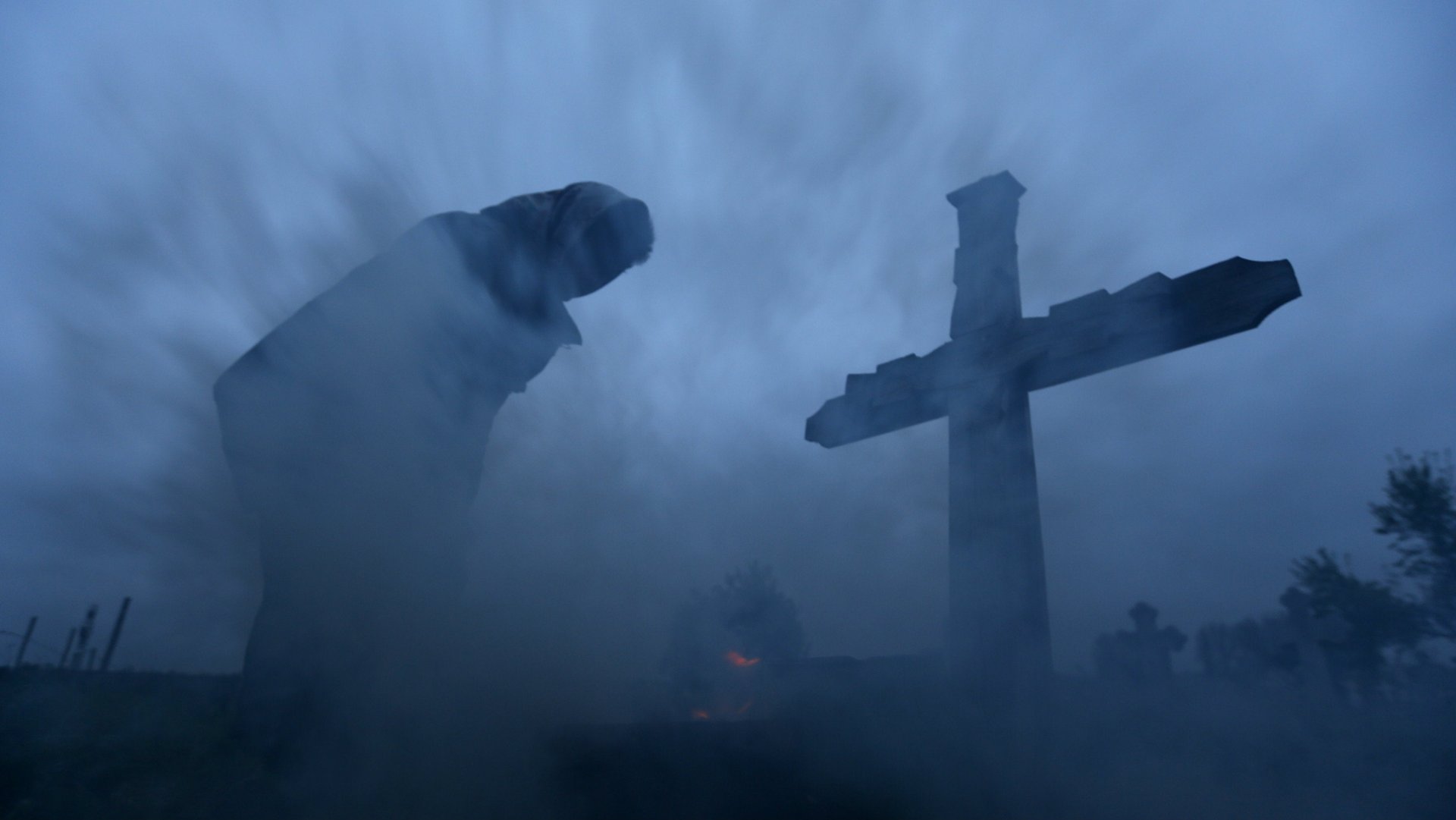Today’s a terrible day for anyone with paraskavedekatriaphobia
Friday the 13th is unlucky for some, but it’s absolutely terrifying for others. Phobia of today’s date, while rare, is established enough to warrant its own name—paraskavedekatriaphobia—and sufferers are said to face the day with dread.


Friday the 13th is unlucky for some, but it’s absolutely terrifying for others. Phobia of today’s date, while rare, is established enough to warrant its own name—paraskavedekatriaphobia—and sufferers are said to face the day with dread.
Dena Rabinowitz, a psychologist in New York, says that someone with a phobia of Friday 13th might have been exposed to superstitions of the date as a child.
“The likelihood is that there’s a subset of people who grew up in superstitious homes or were more exposed to that kind of thinking. It can be a parent who’s afraid of Friday 13th, it could be as simple as seeing a scary movie about Friday 13th as a child,” she tells Quartz. “Phobias don’t necessarily develop in a rational linear manner. Sometimes phobias arise for no reason at all that we can detect and they can be very specific.”
This means that, though some people with paraskavedekatriaphobia might also have other superstitious phobias, such as debilitating fear of black cats or broken mirrors, other sufferers may have no other superstitions at all.
Rabinowitz says that, though paraskavedekatriaphobia is not common, it’s not as unusual as other phobias she’s seen—such as a fear of leaves, or fear of the color grey.
But the good news is that phobias are highly treatable with a CBT technique called exposure, where a therapist allows their patient to face their fears in a controlled environment.
In the case of Friday the 13th, which is not concrete, exposure consists of discussing the catastrophic feeling or event that the patient fears, explains Rabinowitz.
“It’s learning to habituate or tolerate that anxiety so it’s no longer a distress,” she adds. “What do they think is going to happen, what are they frightened of, and helping them work through that. It’s one of the most effective psychological therapies we have.”
There are no official numbers on paraskavedekatriaphobia sufferers, perhaps in part because Friday the 13th is a relatively rare event. “Many phobias go untreated because they don’t create distress,” says Rabinowitz. “If you have a phobia of Friday 13th and all that happens is, every three or four years when it happens you feel uncomfortable for one day, you might not want treatment.”